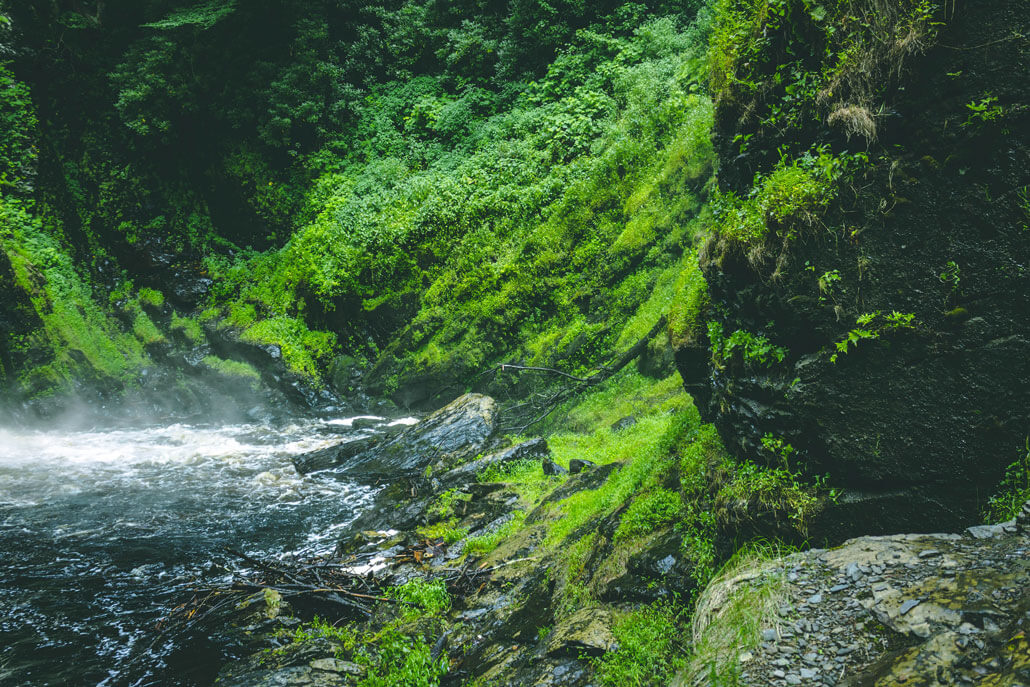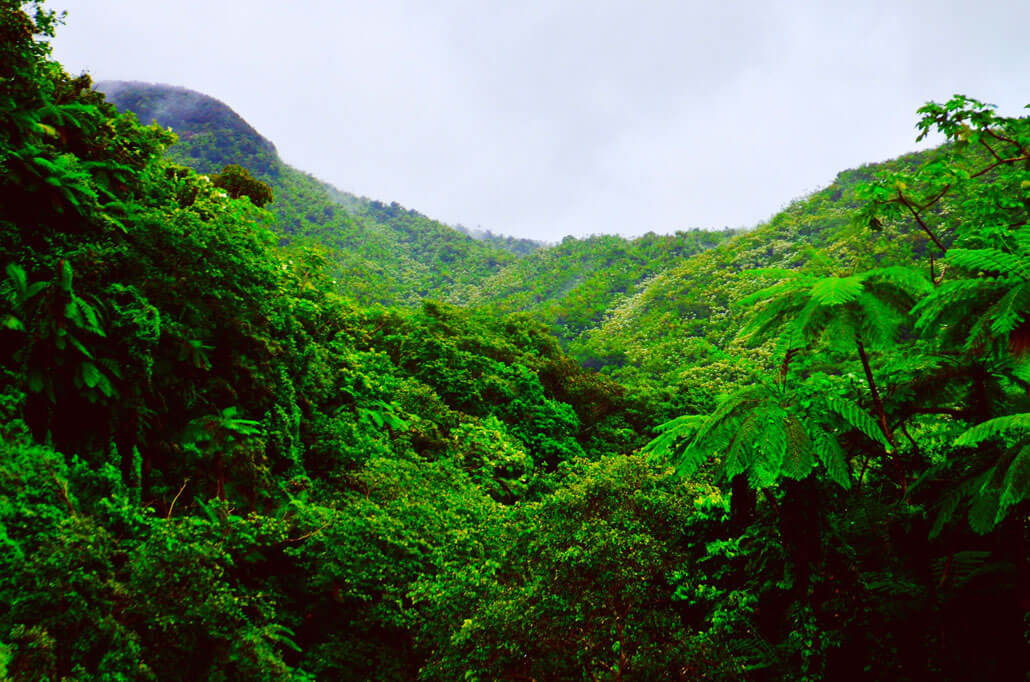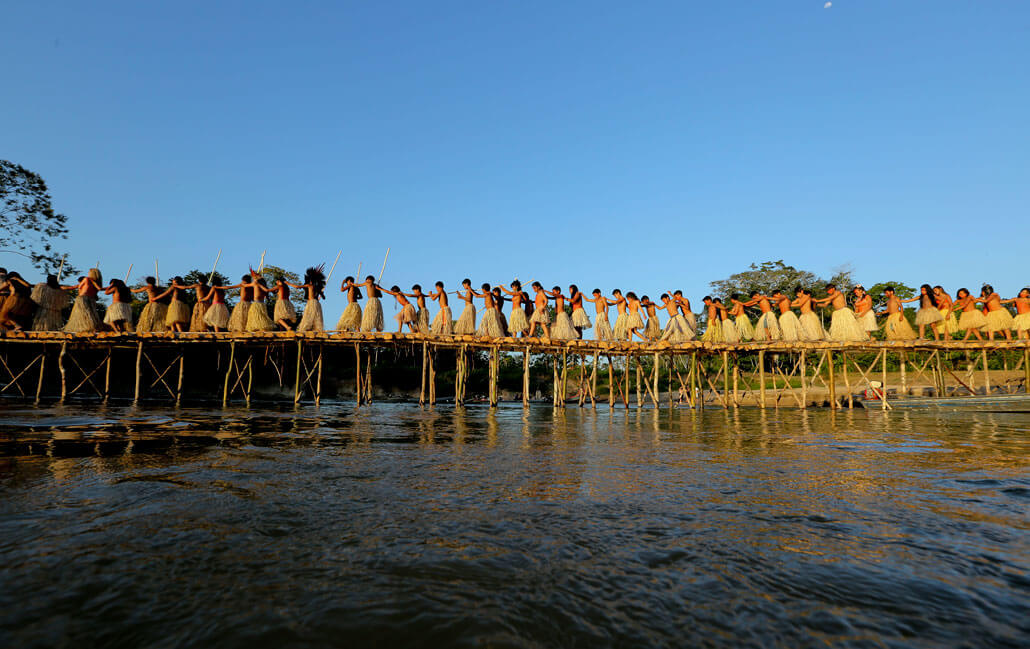Yawanawá: The people of Queixada
By Luna Rosa Soriano Yawanawá
Discover the long history of the Yawanawá People, known for their resilience and transformation. Join Luna Rosa Soriano Yawanawá, WILD’s Yawanawá Cultural Liaison Intern, as she shares the fascinating origin story of the Yawanawá People.
Yawanawa: The people of Queixada
Yawa: Queixada
Nawa: People
The Yawanawá origin story is as follows: according to our people, we have always existed. In a distant past, a leader, adored by his people, reigned as an emperor. In those times, death was unknown to them; they had never witnessed the passing of a soul.
One ordinary day, the emperor organized a hunting expedition with his people. They ventured into the woods, closely following their beloved leader. Their journey led them to a serene lakeside, where they paused, anticipating their prey’s appearance.

Traditionally, the Yawanawá leader was the first to hunt and kill. On this occasion, they entrusted the bow and arrow to the emperor. As ripples disturbed the lake’s surface, they assumed it was their quarry. His gaze was drawn to the shimmering waters.
Suddenly, the emperor collapsed, bewitched by the sight of a Sucuri serpent and a turtle. Bewilderment overcame the group. No one comprehended why their revered leader lay unconscious. Hours passed, their anxiety mounting until the emperor awoke, inquiring about the situation.
“We don’t know,” they replied.
“You lost consciousness. You aimed at some creature in the lake, and it fell to the ground. What did you see?”
“I don’t know. I cannot remember anything,” the emperor responded.
Upon their return to the village, all seemed well for a time. However, the emperor once more succumbed to unconsciousness and did not awaken. He had passed away, leaving the community in a state of perplexity.
No one knew how to proceed, speculating that their leader was merely resting and would awaken shortly. Yet days elapsed without any sign of life. Eventually, he did return, but by then, they had already buried him.
With the passage of time, the emperor’s body underwent a remarkable transformation. Uni, vines, Chacrona, and pepper plants sprouted from his chest and heart. Believing it to be a sign from their departed leader, the people harvested and cooked these plants.
This marked the creation of Uni, a sacred brew. As they partook of Uni, the people experienced emotions previously foreign to them. Tears flowed, and they sang—activities unprecedented among the Yawanawá, for Uni had opened their minds to the undeniable truth of their emperor’s demise.
Uni became a pervasive presence in their lives. Children, men, women, the young, and the old all partook of Uni, continuing this tradition for days, which ultimately extended to an entire year.
Nonetheless, there was one man, Txanu, who adamantly refused Uni. He found its taste too sour, abstaining from both the drink and the communal singing.
The story continues with Txanu, who spent his days eating crops like bananas and cassava alone, because the rest of the people were engaged in Uni and singing. After a year, people felt it was time to ascend to the heavens. They asked Txanu to fetch Caicuma, a yam-based drink, from the neighboring village.
And so he headed towards the neighboring village. However, on the way, he encountered a beautiful woman fetching water, and by her beauty he was captivated. He wanted to court her, but she had no interest in him. To get rid of him, she lied by telling him she would drop off the water at home and be back soon but never did. Txanu, after waiting for several hours until late afternoon, realized he had been tricked, and upon hearing the sound of the horn announcing the time for his people to ascend, further realized in despair he had forgotten the Caicuma.
Txanu ran back quickly, shouting for them to wait. He saw people going up on the high palm branches and trees going to the heavens. He tried to climb on an açaí branch but his body was too heavy without having taken the Caicuma. Everyone ascended to the heavens except Txanu.
The Yawanawá people faced various challenges in their journey, with cloud spirits trying to scare them away. However, they were persistent, using rapé and blowing to protect themselves. Eventually, they reached the spirit village, where the Emperor resided with his two wives, painting his arms with urucum and Jenipapo. He was initially dismissive of their presence, his back turned to them. Upon knowing that his people had come to the spirit world to see them, he exclaimed: “What are you doing here, stinky people?”
For spirits, who are pure and clean, our human flesh was foul and dirty.
Those people had made it there still living, still carrying the scent of their human existence.
Disheartened, his people replied: “We came so far to see you. We suffered. We fought. We were filled with longing and sadness by your departure, and this is how you treat us?”
Upon this treatment by their former ruler, they decided to return to Earth. However, while on the way, between heaven and Earth, they saw a beautiful green valley. One of them said: “Look at that beautiful valley, a place so good to live in, which is so hard to find. Why don’t we stay here?”. They decided to settle there permanently. Over time, their appearances changed, and they began to resemble the undead, with decaying flesh and exposed bones, yet they found happiness in the valley.

Even today, when you’re in the forest and hear a specific sound like a horn, it’s said to be this group of Yawanawá in the valley celebrating.
There are four types of Yawanawá: us, who live on Earth, those who live in the valley, those who live in the spirit village with the first Chief/Emperor, and the Queixadas, who are Yawanawá as well. The Queixadas are our family, our relatives.
My grandfather used to tell my father a story of a shaman who went hunting in the forest but returned sullen, angry, and empty-handed in the evening. When asked why he came back alone, he explained that when he tried to shoot a Queixada, it spoke to him, saying, “You! Let the other animals kill me, but not you! You are my brother. We are relatives. How can you kill your kin, your family?”
So, this is our Yawanawá history, a long history, one of transformation and perseverance. It’s a story of Cipó, Chacrona, and Sucuri.
The redefinition of the word Yawanawá is crucial, as it signifies our diverse blend of Indigenous peoples. For example, my grandmother is from the Arara people, my grandfather has Katukina roots, my second cousin is Asháninka, and my mother hails from Zapoteca and Mixteca, Indigenous peoples of Mexico. But we are all Yawanawá because it is a strong name that goes beyond bloodlines. It’s a name that many Indigenous peoples sought to be associated with through marriage, a strong and unifying identity.
We, the Yawanawá, are a warrior people, just like the Queixadas, who live in groups and command respect and fear, even from jaguars. We are a fighting people who continually seek the well-being of our family. The word Yawanawá originates from a story of overcoming adversity and struggle.

Today, we no longer use arrows for defense. Instead, we employ technology, wisdom, and intelligence to fight those who want to harm our family and threaten our lands and history. We use this modern approach to venture into the world as Yawanawá, earning respect and recognition.
Learn more about our work with the Yawanawá community.
Translated with the help of Mário David Xavier
Original version:
Yawanawa: The people of Queixada
Yawa: Queixada
Nawa: People
The Yawanawa origin story. According to our people, we have always existed. A long time ago, there was a leader loved by his people. An emperor. At that time there was no death, so those people never saw someone die or anything like that. As part of a normal day, the emperor organized a hunt with his people. Thus, they all walked into the woods following their leader when they stopped at a lake to wait for some prey to appear.
The Yawanawa leader was always the first to kill his prey. They handed the bow and arrow to the emperor when they saw a movement in the water, imagining it to be. His attention was then drawn to the lake, where he saw a bright glow.
Suddenly, the Emperor fell to the ground.
He had seen a Sucuri and a turtle that bewitched him.
Everyone was confused. No one understood why their leader was not waking up. It was hours waiting for their leader to wake up, until the Emperor awakens and asks: What happened?
“We do not know. You passed out. You shot some animal in the lake and it fell to the ground. What did you see?”
“I don’t know. I cannot remember anything”
After that, they returned to the village and everything went well. Again the emperor fell to the ground and never woke up. He had died.
Nobody knew what to do. He imagined that the leader was sleeping and would soon wake up. But days passed and nothing. Until he came back, they buried him.
Again, the days passed and the emperor’s body grew uni and pepper plants. Vine and Chacrona were born in his chest and pepper was born in his heart. The people cooked the plants, believing that it was a sign from their leader.
And the Uni was made.
They drank the Uni. For the first time, those people shed tears. They cried and sang. They never cried or sang. This is because Uni opened their minds to the reality that their emperor had died.
Uni was everywhere. Children drank Uni, Men and women drank Uni, old and young drank Uni. And it was like this for days until it lasted a year.
However, there was a man named Txanu who refused to drink Uni and sing, because Uni drink was too sour for him.
Por causa disso, o Txanu era quem tambem passava o dia comendo a comida do rocado como banana, macaxeira e outros alimentos sozinho. Porque o resto do povo estava ocupado no Uni e cantoria.
Depois de um ano, as pessoas sentiram que ja era hora de subir para os ceus. A energia estava dizendo que era hora de subir. Eles pediram para o Txanu ir buscar Caicuma, uma bebida de macaxeira, na aldeia vizinha.
E ele foi indo para a aldeia vizinha, so que no meio do caminho havia uma mulher que foi buscar agua e por ser muito bonita chamou atencao de Txanu, porque ele queria ‘namorar’ com a moca. Mas ela nao queria nada com Txanu.
Para ele deixa-la em paz, a mulher mentiu dizendo que precisava ir em casa deixar agua e que voltaria. Com a promessa de que ela retornaria, Txanu ficou ali esperando e esperando quando se passaram horas ate o entardecer. Ele percebeu que havia sido enganado, mas ficou desesperado ao ouvir o som da trombeta avisando que a hora do seu povo subir para os ceus ainda mais ao perceber que havia esquecido da Caicuma.
Txanu correu rapido gritando para o pessoal esperar por ele. A visao era das pessoas subindo nos pe altos de palmeiras ou arvores altas indo para os ceus, ele tentou subir no pe de açai mas por nao ter tomado a caicuma seu corpo era pesado demais. Todos foram aos ceus, menos o Txanu.
O povo Yawanawa passou por varias fases, os espiritos das nuvens tentava espanta-los mas eles eram persistentes iam tomando rapé e assoprava porque estavam preparados para qualquer coisa. Ate que, finalmente, eles chegaram na aldeia dos espiritos onde estava ao imperador com duas mulheres, agora esposas que pintavam cada braco dele de urucum e Jenipapo. O chefe deles estava de costa para eles, ele ficou sabendo que seu povo tinha vindo a terra dos espiritos para ve-lo. Ele exclamou: O que voces estao fazendo aqui, fedorentos?
Para os espiritos ,que sao seres puros e limpos, nossa carne é fedida e suja.
E aquelas pessoas tinham chegado ali vivas em tao ainda fediam para os espiritos.
Chateados, seu povo replicou: Nos viemos tao longe para te ver. Nos sofremos. Nos lutamos. Ficamos com saudades e triste com tua partida, e é assim que nos trata?
Pela maneira que seu antigo chefe os tratou, eles decidiram retornar para a terra. No entanto, no meio do caminho um deles disse: Nos sofremos tanto la na terra. Olha, esse vale tao bonito. Um lugar tao bom de morar, ja que é dificil de encontrar uma terra boa para se viver. Por que a gente nao fica aqui?
Havia um vale que ficavam entre o ceu e a terra, um lugar bonito e esverdeado. E assim, aquelas pessoas decidiram morar naquele vale para sempre. Dizem que por muito tempo acabou que suas aparencias nao sao mais a mesma, e sim, como mortos vivos. Com a carne caindo e ossos aparecendo, mas felizes ali.
Ainda nos tempos atuais quando voce anda na mata e escuta um som especifico como de buzina ou algo assim, sao esse grupo de Yawanawa no vale festejando.
Existem como quatro tipos de Povos Yawanawa: Nos, yawanawa, que vive na terra. O grupo de Yawanawa que vive no Vale. Os yawanawa que estao na aldeia dos espiritos onde vive o primeiro Chefe / Imperador. E as Queixadas que sao Yawanawa tambem.
As Queixadas sao nossa familia, sao nossos parentes.
Meu avo costumava contar ao meu pai a historia de um pajé que foi cacar na mata, mas no final de tarde ele retornou meio triste e com raiva sem nada na mao. E meu avo perguntou: Ei, por que voce voltou embora sozinho? Cade a caça?
O pajé respondeu envergonhado: Nao…é que, olha, quando eu fui atirar na Queixada. A Queixada falou comingo dizendo ‘Voce! Deixe que os outros bichos me matem, mas voce nao! Voce é meu irmao. Nos somos parentes. Como que voce vai matar seu parente. Sua familia’’
Entao, é isso. A nossa historia Yawanawa é muito longa…
Cipó; Chacrona; Sucuri.
O ressignificado da palavra Yawanawa, ela é tao importanque que somos uma mistura de povos indigenas. Por examplo, minha avó é do povo Arara; Meu avô tem origem Katukina; Minha prima de segundo grau é Asháninka ; Minha mae é Zapoteca e Mixteca, povos indigenas do mexico. Mas, somos Yawanawa porque é um nome forte que vai alem de linhagem sanguinea. É um nome que muitos povos Indigenas queria ser associados tanto que usavam os casamentos para poder identificar-se como Yawanawa, ou ser parte do povo Yawanawa.
Nos, Yawanawa, somos um povo guerreiro. Assim, como as Queixadas que vivem em grupos sao animais poderosos que ate a onça pintada tem respeito e tem medo das Queixadas. Um povo lutador que esta sempre buscando o bem estar da familia. Entao, a palavra Yawanawa vem de uma historia de superacao e luta.
Ademais hoje em dia que nao usamos mais as flechas para nos defender, e sim, a tecnologia, sabedoria e inteligencia. Usamos essa nova forma para guerrear contra quem quer fazer mal a nossa familia e ameacar nossas terras, nossa historia. Usamos isso para sair ao mundo como Yawanawa e ser respeitado.
0 Comments